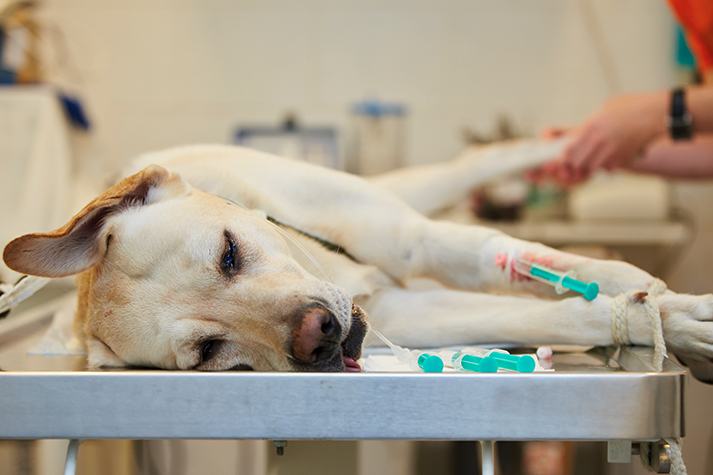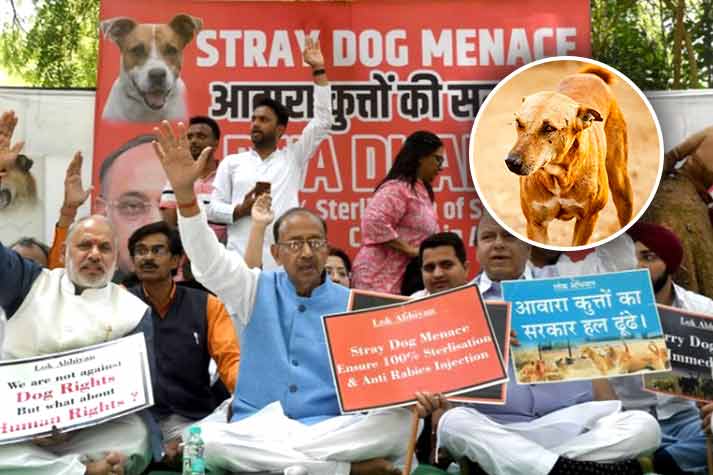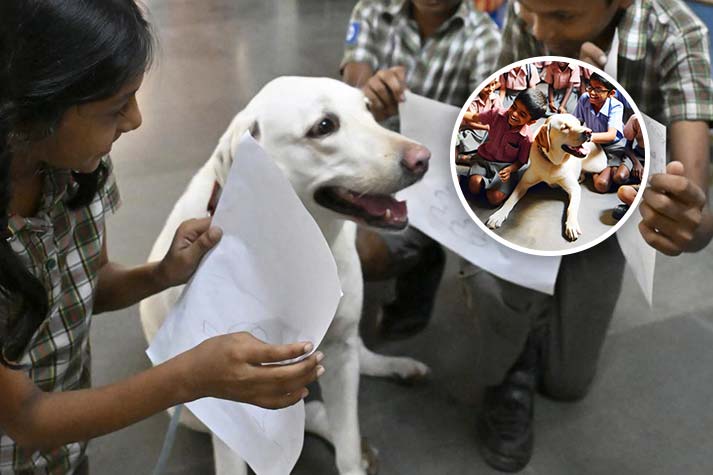
26 Feb
Acute Kidney Disease in Dogs on the Rise: A PSA for Pet Parents
Ludhiana: Pet parents stay alert – renal failure is on the rise in dogs. Pet parents are often blindsided when they hear about kidney failure in their dog.
According to reports, the Guru Angad Dev Veterinary and Advanced Sciences University (Gadvasu) is seeing at least 6-7 such cases of renal failure and dialysis daily. Kidney failure in dogs is a serious issue but it is relatively uncommon, which makes this spike even more concerning.
Kidney failure in dogs is uncommon, but it can be caused by a lack of exercise and variety of everyday household items and foods. Junk food like chocolates, ice creams, salty, sugary foods, or foods like raisins can all cause renal failure.
The assistant professor in the department of veterinary medicine at Gadvasu, Dr. Randhir Singh, notes that 75% of the kidneys are already damaged when urea and creatine appear in the blood. The university typically receives 6-7 cases of renal failure daily, with telephonic queries regarding renal failures and dialysis increasing seeing an increase as well.
As of today, Gadvasu and Madras Veterinary University are the only two universities in the country where dialysis facilities are available for dogs. Dog owners from other states like Uttar Pradesh, Uttarakhand, Himachal Pradesh, and Haryana bring their dogs to one of these two for dialysis and treatments. It should also be noted that only 7-8 universities provide dialysis facilities for dogs worldwide.
The university charges INR 1,000 pet dialysis session, while the same treatment can cost up to lakhs in private clinics in metro cities. There are limitations to the process though; due to the limitations of the dialysis equipment, it is not possible to provide dialysis to smaller breeds. As the equipment is designed for human use, dogs under 15 Kg usually cannot avail dialysis.
Since the disease can be dangerous and treatment is both difficult and expensive, experts emphasize the importance of prevention instead of treatment. "There must be adequate physical activity in proportion to the food intake, just like in humans. Additionally, junk food and food unsuitable for dogs should be strictly avoided. Regular complete check-ups should be conducted every six months, particularly after the dog turns seven years old," Dr. Singh advised.






AUTHOR’S BIO
Carry My Pet
Passionate pet enthusiasts and globetrotters, dedicated to easing furry friends' journeys worldwide. Penning tales of compassion at CarryMyPet, where every relocation is a tail-wagging adventure.